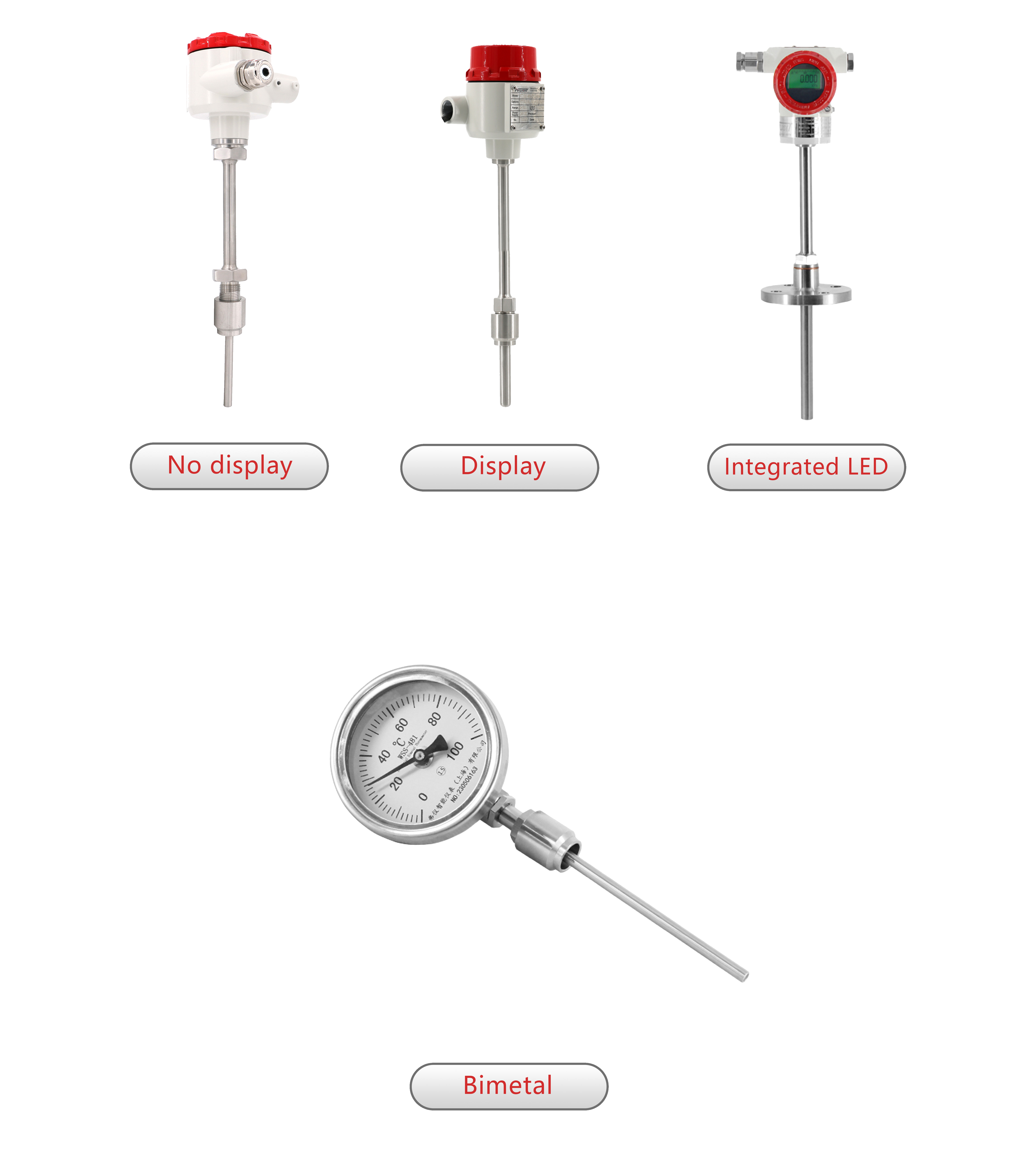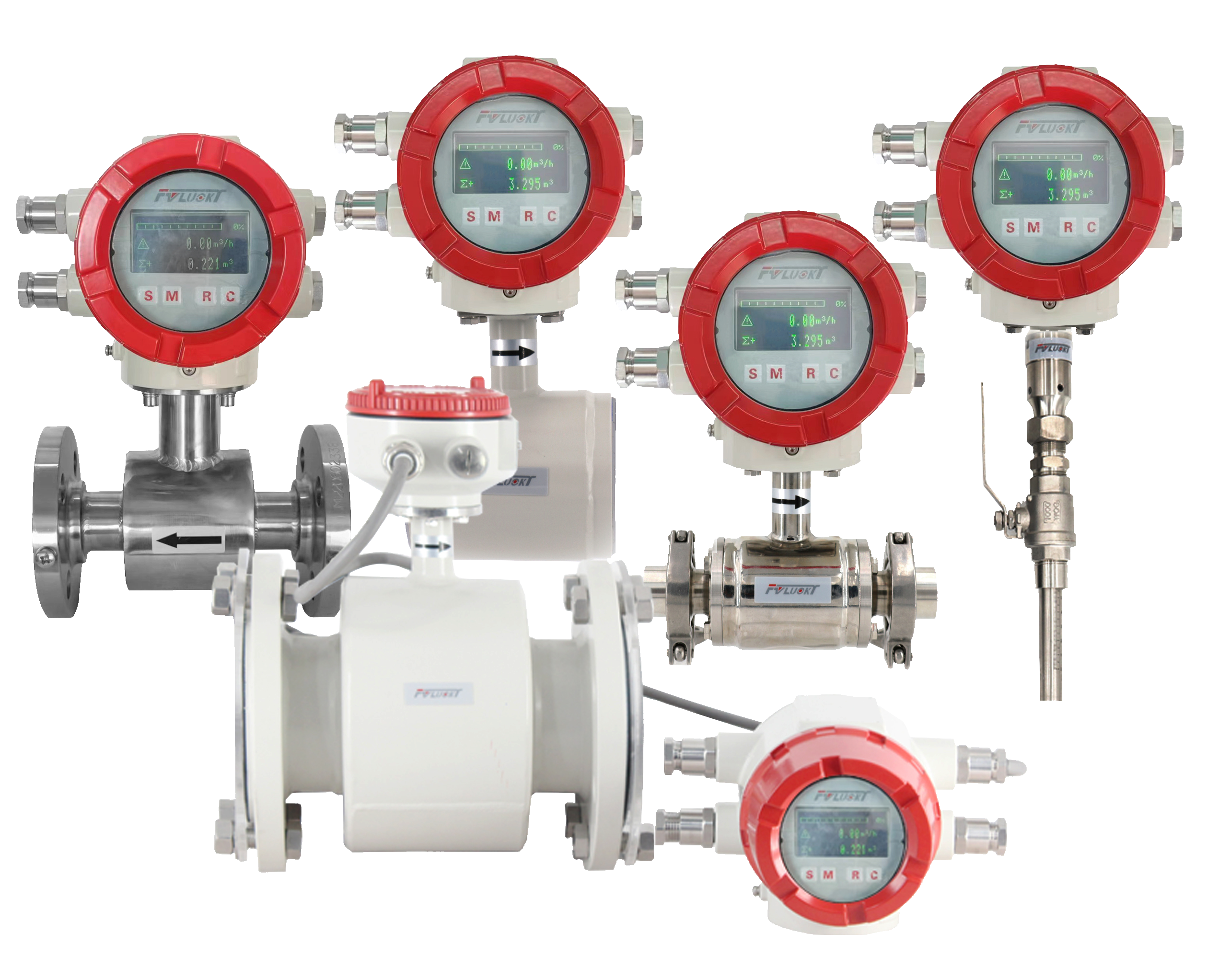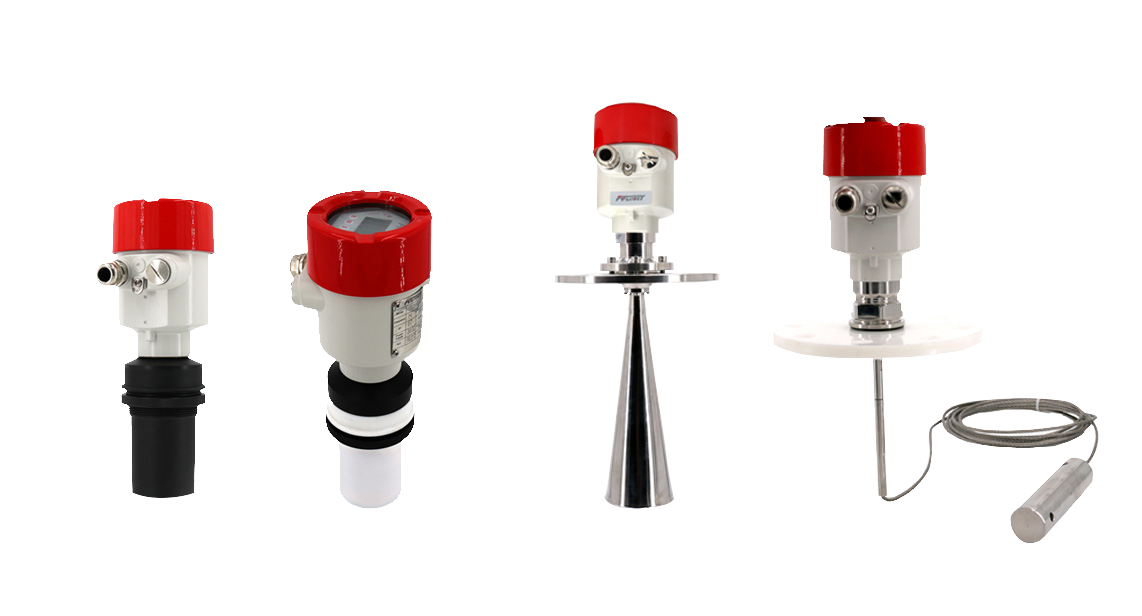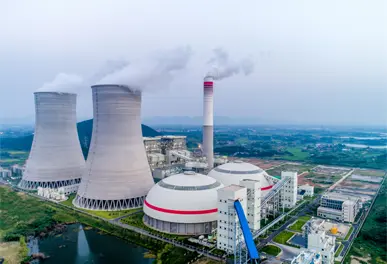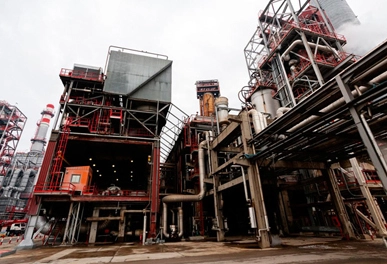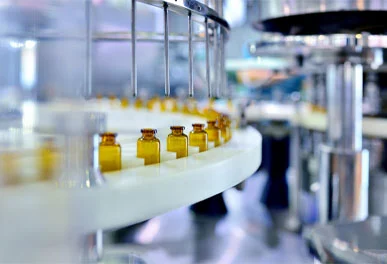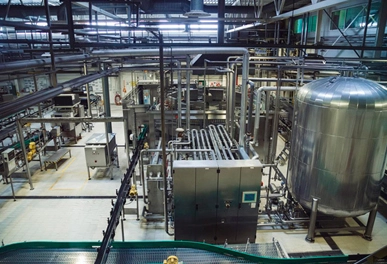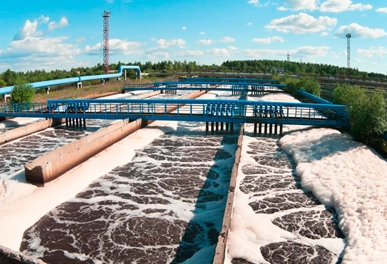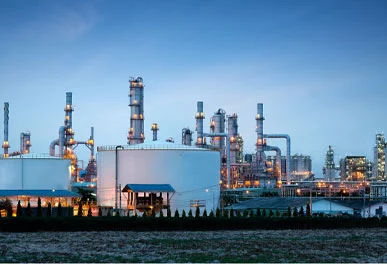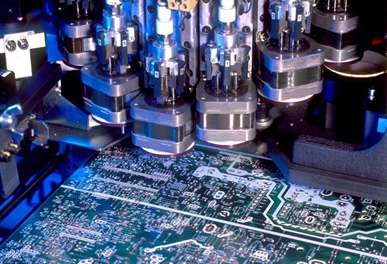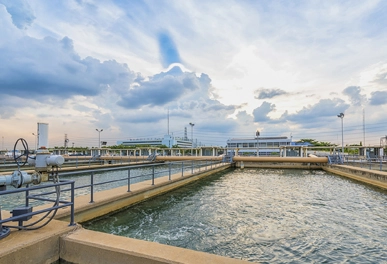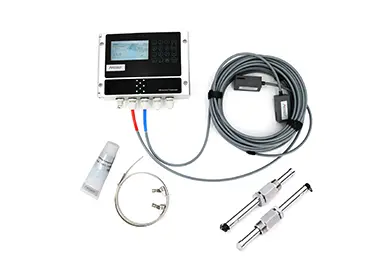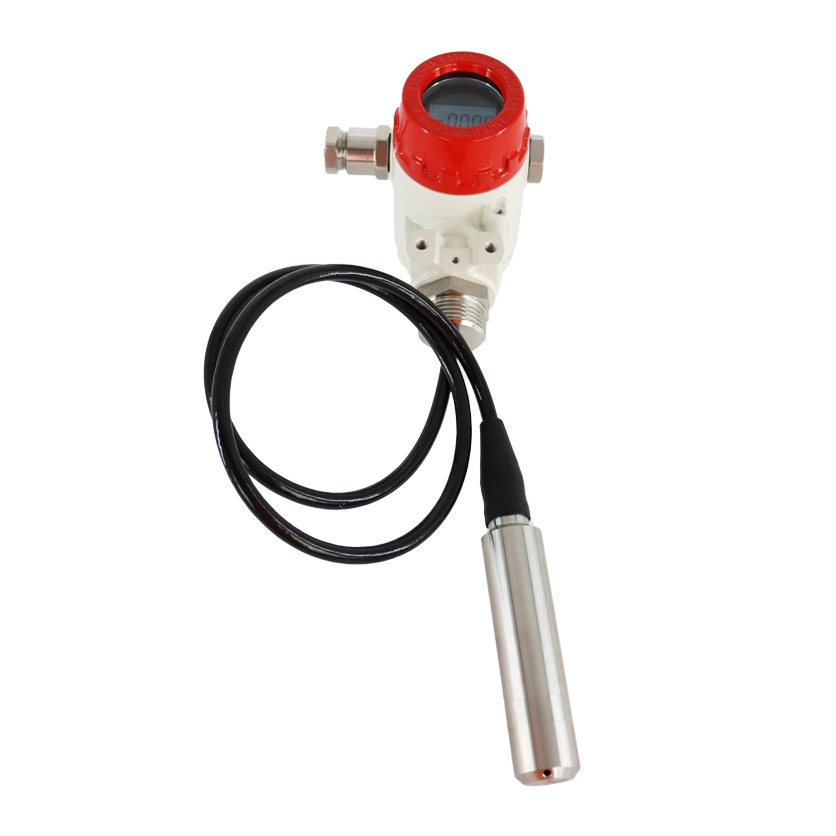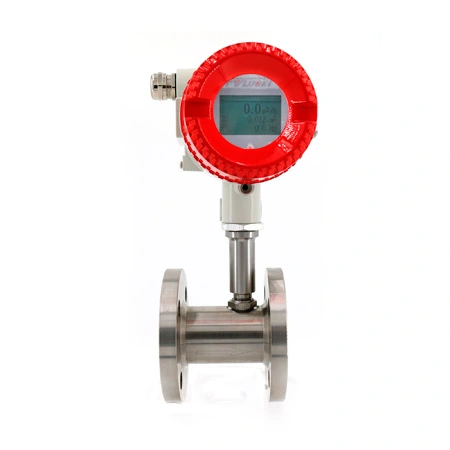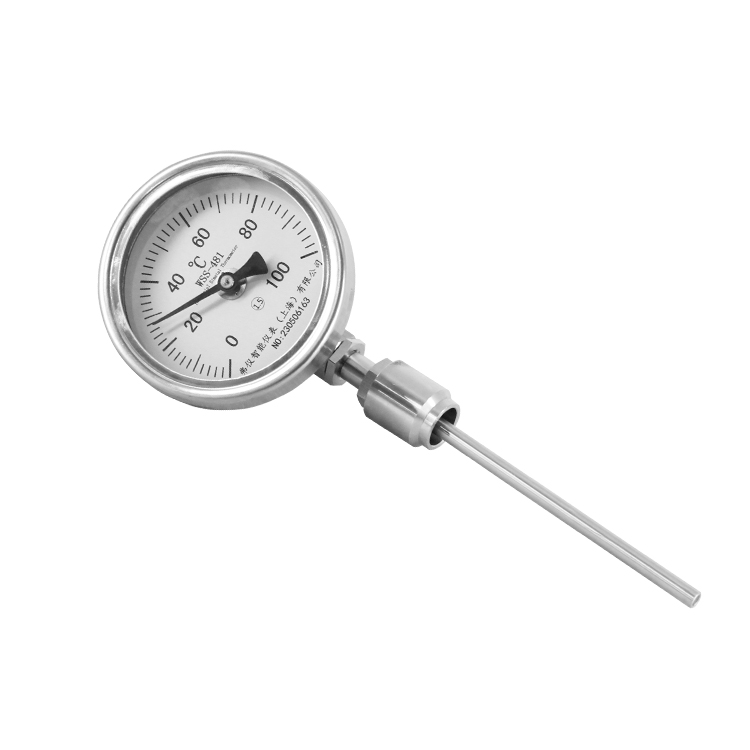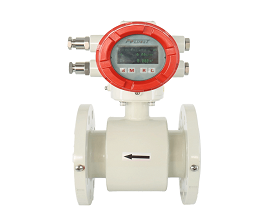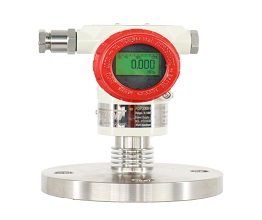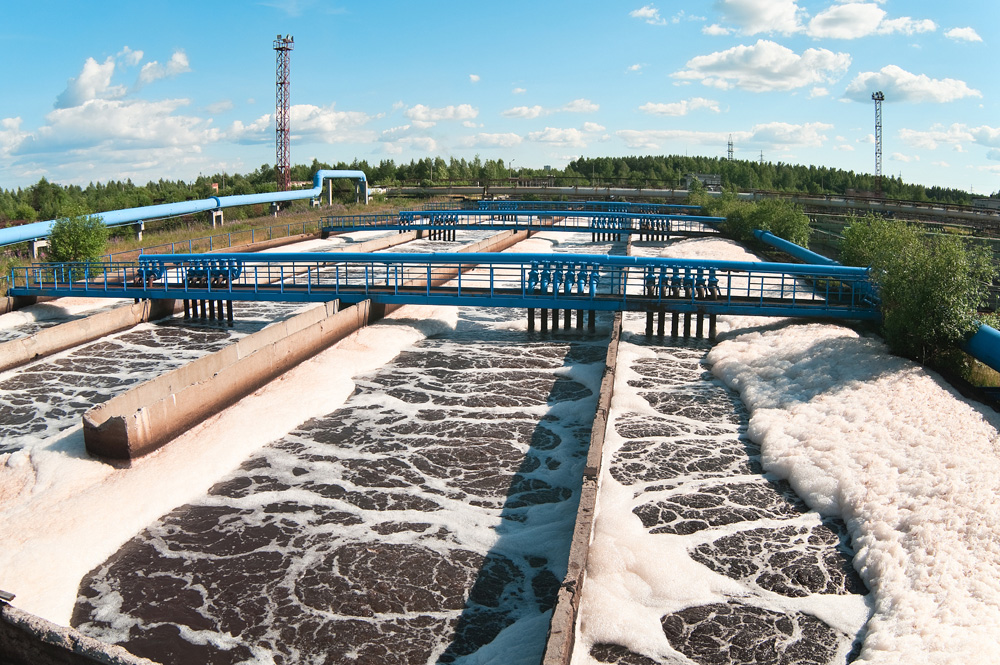
In the field of industrial wastewater, our pressure transmitters, flow meters, and level gauges have helped customers from Shandong Beifang Water Technology Co., Ltd. and Shanghai Jingmeng Silicon Materials Co., Ltd. solve the difficulties encountered in workshop process water and environmental wastewater treatment systems.
The treatment and management of industrial wastewater are critical for environmental protection, regulatory compliance, and sustainable operations. Accurate and reliable field instruments and industrial measuring devices play a pivotal role in monitoring and controlling the various processes involved in wastewater treatment. Here’s an overview of key instruments used in industrial wastewater management, organized under five subheadings:
1. Flow Measurement and Control
Flow Meters: Devices such as magnetic, ultrasonic, and vortex flow meters are essential for measuring the flow rate of wastewater through treatment plants. Accurate flow measurement instruments is crucial for process control, ensuring that treatment systems operate within their designed capacities.
Open Channel Flow Meters: These are used for measuring flow in open channels and partially filled pipes, common in wastewater treatment settings. Technologies include ultrasonic and radar sensors, which help in managing the inflow and distribution of wastewater.
2. Quality and Composition Analysis
pH Meters: Monitoring the acidity or alkalinity of wastewater is essential for ensuring that treatment processes, such as neutralization, are effective. pH meters help in maintaining the optimal conditions for biological and chemical treatment processes.
Conductivity Sensors: These sensors measure the ionic content of wastewater, providing an indication of its total dissolved solids (TDS). High TDS levels can affect the efficiency of certain treatment processes and must be managed accordingly.
Chemical Oxygen Demand (COD) and Biological Oxygen Demand (BOD) Analyzers: COD and BOD measurements are critical indicators of the organic strength of wastewater. These parameters help in assessing the treatment plant’s efficiency and determining the necessary treatment levels.
Turbidity Sensors: Turbidity measurement is essential for monitoring the clarity of water during and after treatment. High turbidity levels can indicate the presence of suspended solids and other pollutants.
3. Level Monitoring and Control
Level Sensors: Ultrasonic, radar, and float-based level sensors are used to monitor the level of wastewater and sludge in tanks, sumps, and clarifiers. Accurate level monitoring is crucial for preventing overflows, optimizing treatment processes, and controlling pumps and valves.
4. Gas Detection and Monitoring
Gas Detectors: Industrial wastewater treatment can produce hazardous gases such as hydrogen sulfide (H2S), methane (CH4), and ammonia (NH3). Gas detectors are essential for ensuring worker safety and monitoring emissions.
Oxygen Analyzers: Oxygen levels are critical in aerobic biological treatment processes. Oxygen analyzers help maintain the optimal conditions for microbial activity, ensuring efficient breakdown of organic pollutants.
5. Sludge Density and Viscosity Measurement
Sludge Density Meters: These devices measure the density of sludge, which is crucial for dewatering processes and for determining the appropriate disposal or further treatment methods.
Viscosity Meters: Viscosity measurement can be important for processing and pumping sludge, especially in applications involving thickened or digested sludge. Proper viscosity control can improve the efficiency of handling and treatment processes.
Conclusion
Effective industrial wastewater management relies on a wide array of field instruments and industrial measuring devices. These various wastewater flow meter types are indispensable for monitoring, controlling, and optimizing the various processes involved in wastewater treatment, ensuring environmental compliance, and supporting sustainable industrial practices. Advances in sensor technology and data analytics continue to enhance the capabilities and efficiency of wastewater treatment operations.

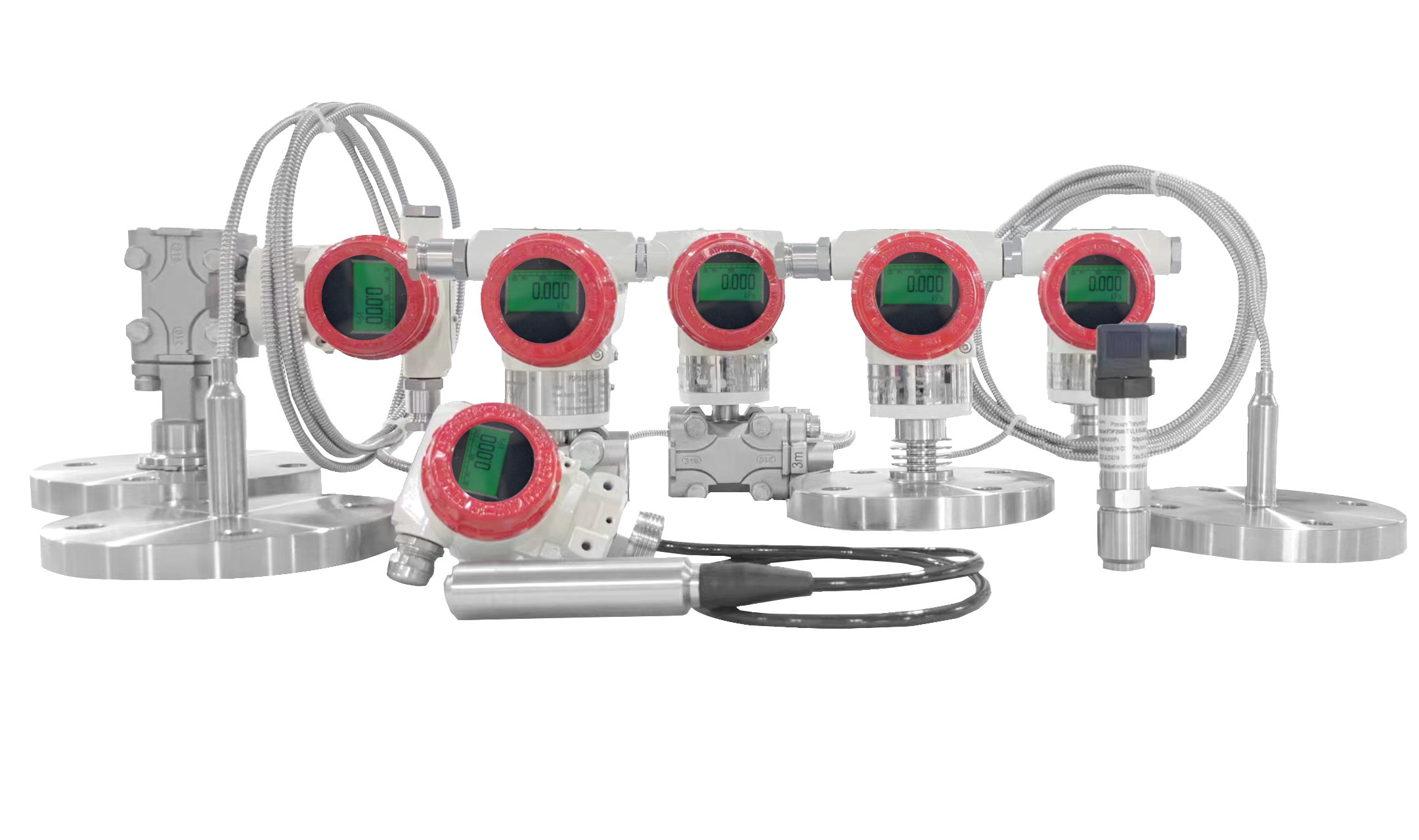 Smart Pressure Transmitters
Smart Pressure Transmitters